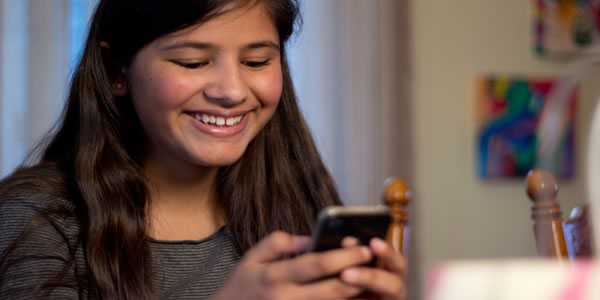Our comprehensive report on surveillance in Canada is available. Download it here.
Caught in a Web: The Declining Possibility of Privacy for Youth
- December 23, 2014

Discussions about surveillance and privacy in the digital age are increasingly found in mainstream media. Forbes magazine recently published an interview with social media scholar and youth researcher Danah Boyd, who is Principal Researcher at Microsoft Research, visiting Professor at NYU and faculty affiliate at Harvard. The article is quite short and begins with a few questions about Danah’s reading habits before asking her about youth, privacy and the Internet. She describes the web of surveillance youth find themselves in today: “Like political dissidents, teenagers face surveillance everyday. Their struggles to achieve privacy start with those who hold immediate power over them – parents, teachers, local law enforcement, college admissions officers, military recruiters…”[1]
Youth raised in digital societies are living truly transparent lives. Danah’s well-respected research on surveillance of youth through their use of social media makes this abundantly clear. The collection and monitoring of posts, likes, instant messages and sharing of images through such platforms is astounding. Moreover, information gathering through digital communication is only one dimension of the surveillance web. In one of the chapters of Transparent Lives, a story is told about a nine-year-old girl and the multiple ways she and her family are subjected to surveillance on a typical day. She is watched by her brother who has a remote control truck equipped with a video camera, by her parents who installed tracking software on her new cell phone, by her school through CCTV, and soon she may be tracked by biometric scanners that read her fingerprint before debiting her spending account in the school cafeteria. In the surveillance society, seeking privacy is not as simple as logging out of our Facebook accounts or going offline. How does one go offline, for example, if cash payments are no longer accepted? By opting out of eating lunch?
[1] Guppta, Kavi. “Danah Boyd Of Microsoft Research: Teens Are Exploring Privacy Practices Outside The Frame Of Technology.” Forbes. Accessed December 23, 2014. http://www.forbes.com/sites/kaviguppta/2014/12/22/danah-boyd-of-microsof....





